
Propeller and Aptar first collaborated in 2016. The former just gave the latter a big chunk of change—and a long-term partnership.

Propeller and Aptar first collaborated in 2016. The former just gave the latter a big chunk of change—and a long-term partnership.

The goal? New tech tools to fight the opioid crisis. The prize? A shot at expedited review.
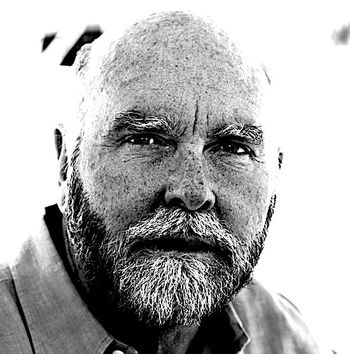
One of the world's most-recognized genomic scientists is retiring from the ambitious company that he founded.

“When I came across recent reports on deep-learning algorithms...I immediately knew that we had to explore these artificial intelligence algorithms for diagnosing melanoma.”

Divisions over the VA’s role and its performance in recent years have started to spawn policy changes, and the process seems to be accelerating.

And they take physicians one fifth the amount of time to document that in-person appointments do.

"We demonstrated that we can use [EHR] data in combination with other tools to accurately identify people at high risk."
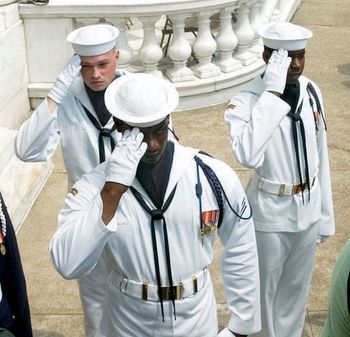
An executive remarked that success in improving interoperability with the VA “was limited by an outdated congressional mandate—until now.”

New social media studies come out daily. A conflicting report from UCSF researchers claims to show that Facebook can be a smoking intervention...maybe.

In a new commentary, Penn Medicine experts suggest how they can be taken from static documents and made into intuitive tools.
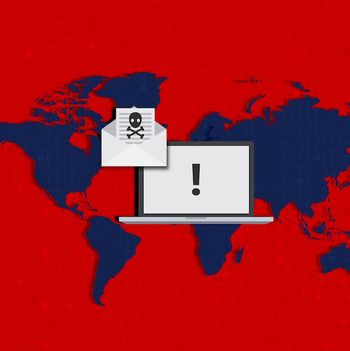
Another hospital has fallen victim to the crippling ransomware strain, which has targeted high-profile healthcare and government targets all year.

The AI and genetics company has been winning competitions and grants at a steady clip this year.

The Series C round is the latest in a string of successful funding drives for the tech-driven, on-demand doctor home visit company.

In a recent shareholder meeting, Zane Burke used the term "fake news" and insinuated that negative stories may have been influenced by the company's competitors.

In a new JMIR study, a pair of PhDs set out to categorize how some of the country's top hospitals were using the social media platform.

The country is committing billions into artificial intelligence research and plans to focus some of its efforts on earlier cancer detection.

The device supplier joins other big names who have had vulnerabilities detected this month.

"People can understand the ability to talk to a doctor remotely, but there’s a mental leap to 'Oh, this is how I can get my medical care as well!'"
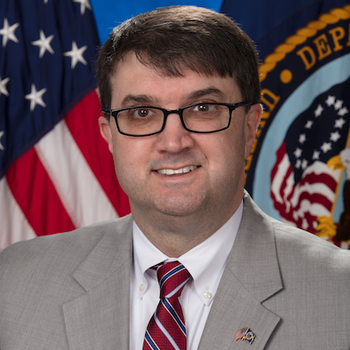
The Navy veteran and longtime DoD executive has a history in Washington, though he doesn't appear to have much healthcare experience in his background.

"Our work suggests that more lives could be saved with the application of this new machine-learning-based algorithm," Mihaela van der Schaar said
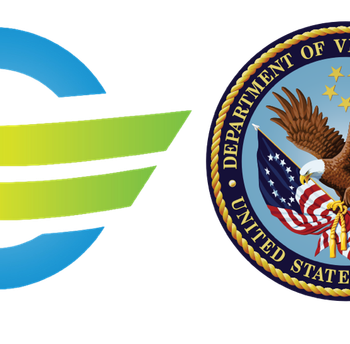
After almost a year of waiting, the EHR giant has finally announced a formal agreement with the nation's largest integrated health system.

The company just published new study results about the 6-month cost savings associated with a mental health drug efficacy assay.

Want to make building secure API servers more exciting than it already is? Make it a competition. That's what HHS's ONC did.

The VA has flaws. But Andrew Cohen, MD, thinks US healthcare has more to learn from VA than VA does from the rest of US healthcare.

A new $6 million funding round led by Triventures could help the company in its efforts to democratize next-generation sequencing technology.

The researchers say the new study is the first to investigate aerobic system dynamics with machine learning and unsupervised wearable sensor use.

A decade ago, no one could have projected the demand—nor the headaches—that the technology now creates.
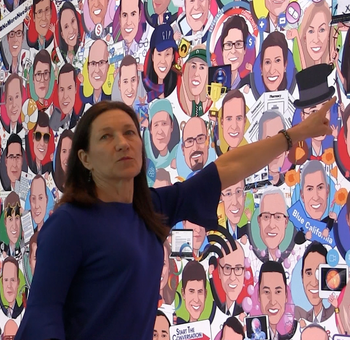
We spoke to an organizer of last week’s HLTH meeting to find out how the conference tried to bring new voices and demographics into the conference circuit.

A new commentary from Nuffield Council on Bioethics raises issues of trust, agency, and autonomy.
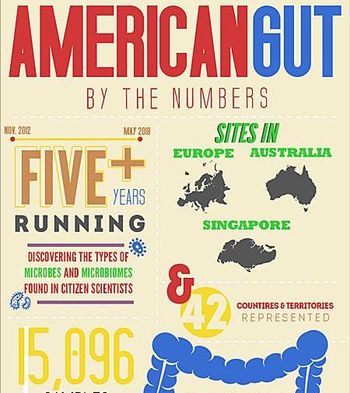
The American Gut Project has inspired more than 10,000 people to mail fecal samples to UC San Diego. That's a good thing.